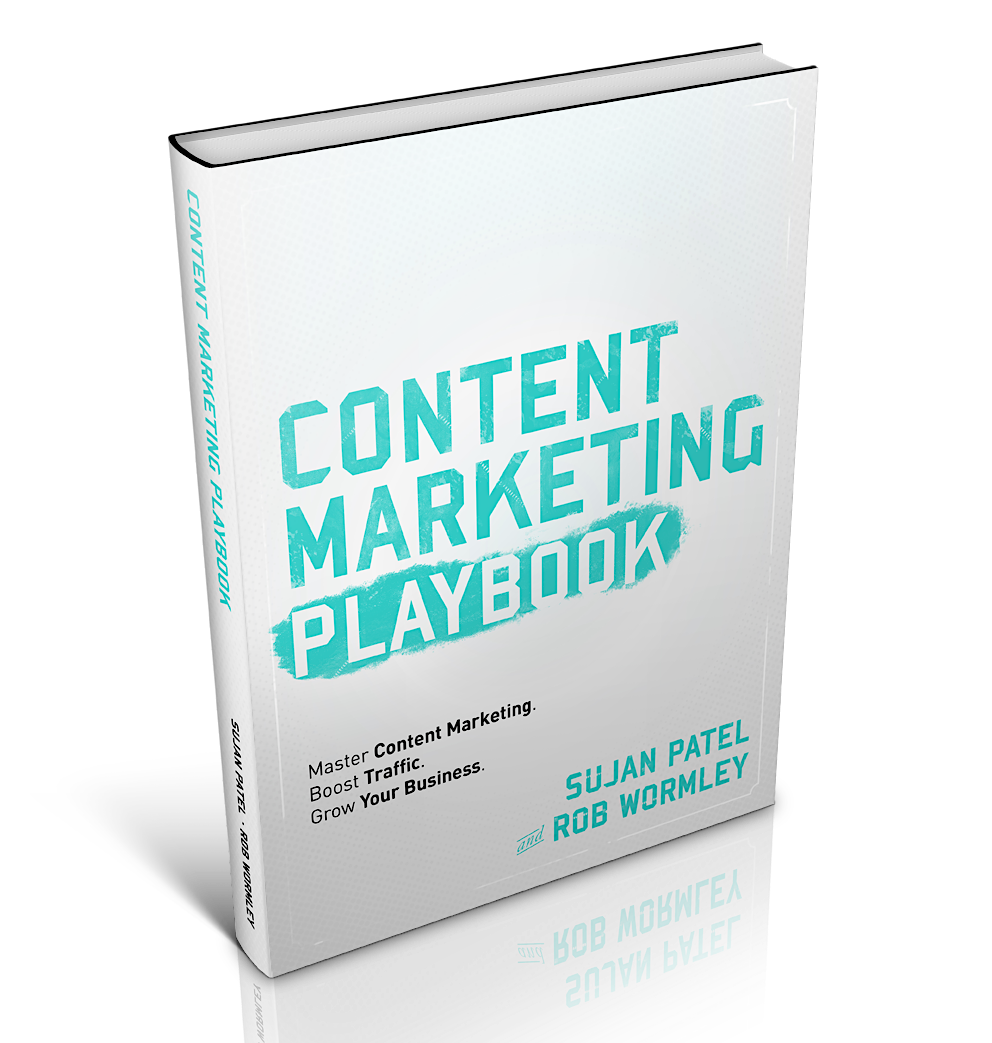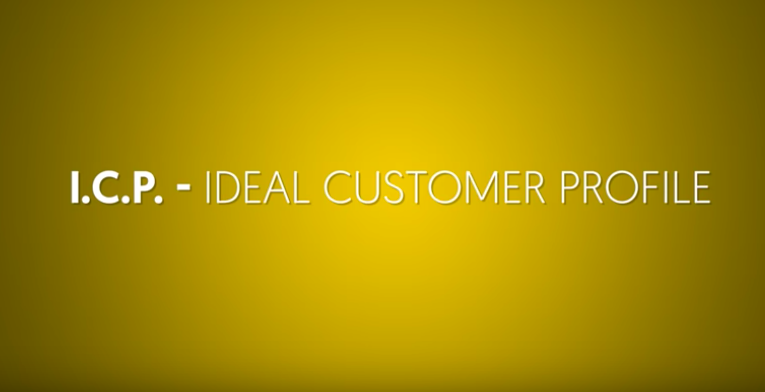Part 5 of a 5-part series: How to Become a Consultant
Did you miss part 4? No problem – you can find it here!
Fun fact: Sujan Patel, co-founder of Web Profits, wrote a book called The Content Marketing Playbook, which got a ton of downloads, and he did really well, in terms of growing that growth playbook. So in this article, we’re going to talk about Sujan’s successful growth framework.

Sujan owns eight companies, one of which is Web Profits, a digital growth agency (and seven SaaS companies). So what are they doing as an organization? What marketing has worked? What hasn’t worked?
Dive Deeper: 7 Content Marketing Hacks That’ll Crush it in 2023
SEO
In 2018, they spent around $300,000 on creating and marketing content (Outbrain, Facebook Ads). Some of that budget they spent on software in order to do the marketing that they wanted to do – email marketing, marketing automation, chat box, etc. They also did lots and lots of link building. So let’s call that all SEO.
Dive Deeper: 9 Effective SEO Techniques to Drive Organic Traffic
Paid Advertising
They also did some paid advertising, through Facebook Ads and Google Ads, and plenty of outbound – which they categorize as marketing, even though it might be more sales generated. They created a lot of videos and they’ve driven a little over a million visitors to Web Profits and their core properties. And we’re not talking about random visitors to blog posts; we’re talking about actual high intent.
But there are only a couple things of that actually worked. Can you guess? What do you think, out of everything mentioned here, worked?
Nothing they did in 2018 contributed to those million visitors. It was all the things they did in 2016 and 2017.
Dive Deeper: 10 PPC Trends You Can’t Ignore in 2023
Updating Old Content

It was mostly updating old content that drove most of the visitors. And it was actually two pieces of content – across eight companies, eight different websites – that drove about 75% of the extra million visitors in traffic.
It’s like when you’re looking at new blankets and new pillows. Browsing through The Wirecutter (a product review website), what you’ll find in all those articles about the best pillow is that they just keep updating the old ones over and over again, which is why they rank for millions and millions of keywords.
What they were doing in 2017 was laying the foundation for next year. When Sujan figured this out, he was thinking, “Wow, nothing I’m doing is working.” And as a marketer, that’s a horrible feeling. And the irony is that it wasn’t that nothing he was doing was working. It was actually the other way around. Things he was doing were just taking a lot longer than he anticipated to work. We mentioned this in our previous article – it takes 18-24 months to see content marketing work.
So content marketing was working for Sujan, it just took a whole lot longer than he thought. When most of us first started doing content marketing, it was a lot less time, probably closer to six months. So what he’s really focusing on, and going to continue to double down on, is the foundational work.

Here’s an example. Mailshake is one of Sujan’s SaaS companies, an outbound sales tool. They were laying down all the foundational work, all the high-intent keywords that sales people would search for, and they wrote content on it and will continue to iterate on. They’re already seeing success, but it’s just not where you would think you’d see it. It’s on page five of Google and it’s one of their hundred articles that gets traffic every month. Not the highest, probably one of the lowest, and they’re doubling down on that.
In other words, they’re seeding it first, and they’re seeing what goes well, and then they’re upgrading it.
Dive Deeper: The Step-by-Step Guide to Conducting a Content Audit
Seed and Grow Your Content

And then from there, they’ll create an e-book on all these things. In fact, they’re already creating all the individual chapters and sections of this book, and if it plays out well, they’ll turn this into one giant book.
It’s almost like the reverse of a 10x piece of content. Instead of creating the piece of content first and then pushing it and promoting it, because the ROI is not there for them, they’re creating individual pieces, and as it starts to unfold, they’ll put the book and the 10x pieces of content together.
That’s actually what Eric is planning to do with the Marketing School podcast, too, because they’re already creating content every day.
Dive Deeper: How (and Why) to Create an Effective Content Structure for Better Ranking
Ideal Customer Profile (ICP)

One of the other things that Sujan did in 2019 was look for, and double down on, their ICP – ideal customer profile. They’re looking at what the ICP actually cares about, so he’s taking out the marketing stats and the details of how much traffic does this drive.
Instead, he’s targeting a sales person, an SDR, a sales manager, VP of Sales, what have you. There are different types of roles that a sales person would be in, and he’s thinking about what kind of content would be thought provoking for them? What are they struggling with in their day? What are the things they’re looking for? Where are they hanging out? And he’s trying to just go after content that really fits for those folks rather than caring about whether it has high volume or not. In other words, he really wants to strike their emotions in their hearts.

So there you have it. Those are just a couple of things that Sujan did in 2019 to build successful growth frameworks in marketing.
Watch the full interview with Sujan Patel here:
Dive Deeper: Attract the Right Prospects With Buyer Personas (Includes Step-by-Step Templates!)
Find all 5 parts to this series here:
- How to Become a Marketing Consultant: Eric Siu & Sujan Patel Share Their Expertise
- How to Transition From Being a Consultant to Building a Marketing Agency: Eric Siu and Sujan Tell Their Stories
- The 6 Pitfalls to Avoid When Starting a Marketing Agency
- How to Get High-Ticket Clients for Your Marketing Agency
- The Ultimate Marketing Playbook for 2023 (Guide to Consulting)







